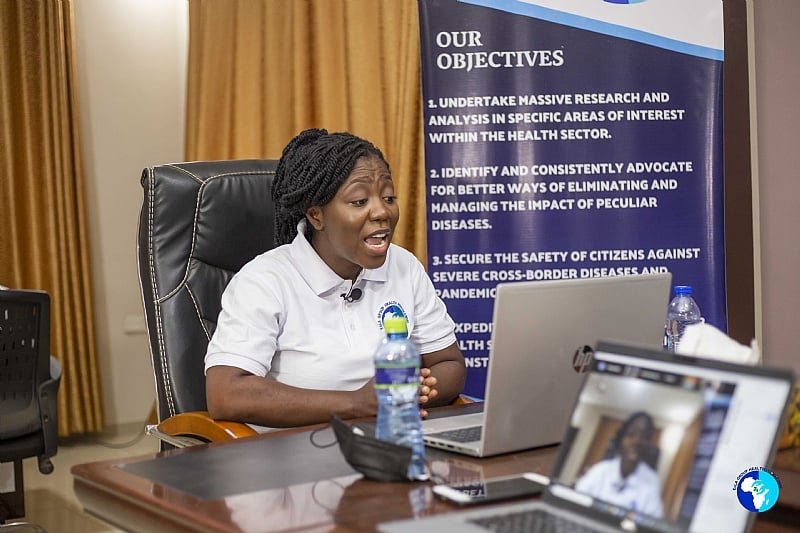
[ad_1]
“Bipolar” disorder, also known as manic depression, is a mental illness that causes severe highs and lows and changes in sleep, energy, thinking, and behavior (HansaD, 2020).
People with bipolar disorder may have periods when they feel overly happy and energetic and other periods when they feel very sad, hopeless, and lazy.
Between those periods, they usually feel normal. You can think of ups and downs as two “poles” of mood, which is why it’s called “bipolar” disorder.
The word “manic” describes times when someone with bipolar disorder feels overly excited and confident. These feelings can also involve irritability and impulsive or reckless decision making. About half of people during mania can also have delusions (believing things that are not true and cannot be talked about) or hallucinations (seeing or hearing things that are not there).
“Hypomania” describes the mildest symptoms of mania, in which someone has no delusions or hallucinations, and their elevated symptoms do not interfere with their daily life.
The word “depressive” describes times when the person feels very sad or depressed. Those symptoms are the same as those described in major depressive disorder or “clinical depression,” a condition in which someone never has manic or hypomanic episodes.
Most people with bipolar disorder spend more time with depressive symptoms than with manic or hypomanic symptoms.
Coping with the ups and downs of bipolar disorder can be difficult, not just for the person with the disorder, but it affects everyone around them.
The good news is that most people with bipolar disorder can stabilize their mood with the right treatment, medication, and SUPPORT.
Your patience, love, and understanding can play an important role in your loved one’s treatment and recovery.
Just having someone to talk to can make a difference in your perspective and motivation.
Open and honest communication is essential to cope with bipolar disorder in the family. Share your concerns in a loving way. Ask your loved one how they are feeling and make an effort to really listen.
The more you know about your condition, the better you can handle your episodes.
Bipolar affective disorder is largely treatable and help is available to everyone. Talk to your healthcare professionals.
“You may not be able to understand exactly how you feel, but I care about you and want to help and support you” … Tell someone with bipolar disorder today
Signed
Dr. Catherine Opoku Fordjour
Director, ExLA Group Health Program